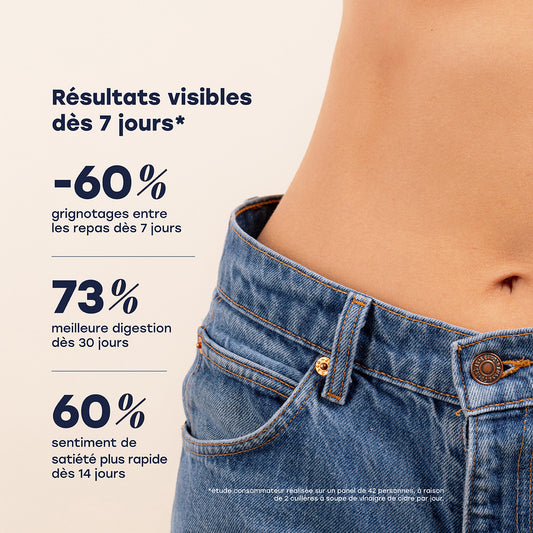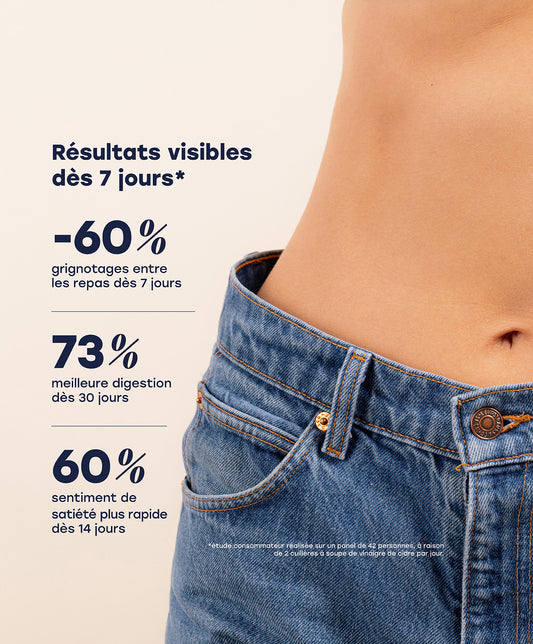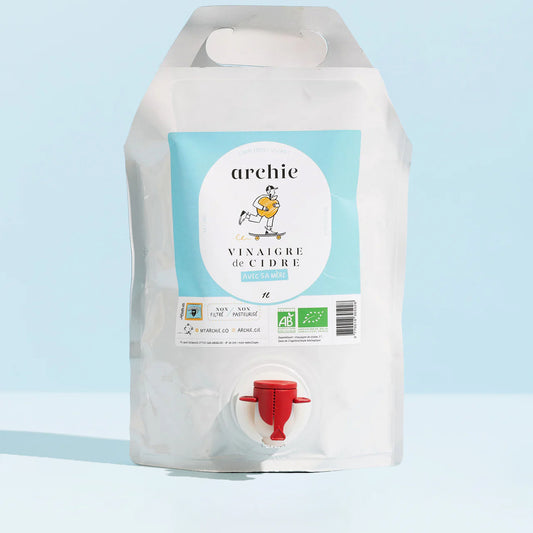Micronutrition is a fairly recent discipline, could you define it?
The role of micronutrition is to stimulate metabolism and act as a lever to restore balance, thus contributing to overall well-being and health. Micronutrition helps address issues related to our quality of life and well-being.
How long have you been practicing? What were your motivations?
I've been a pharmacist since 2017, and I trained in micronutrition. I found it interesting because it allowed me to intervene proactively to prevent illness and preserve my patients' health. I chose to pursue this training, obtained a university degree, and began offering occasional consultations in pharmacies. Since 2021, I've had my own practice, which is going very well and allows me to significantly reduce my time working as a substitute pharmacist.
My motivation lies in the preventative role of nutrition, where food is our first medicine. I also appreciate the advisory aspect that can be provided, which is not always available in pharmacies.
What is the difference between micronutrition and naturopathy?
Micronutrition focuses on detecting deficiencies in micronutrients such as calcium, omega-3 fatty acids, and B vitamins, which are involved in numerous biochemical reactions to produce energy and renew our cells. In comparison, naturopathy is broader, more intuitive, and based on common sense and empirical observations. Our approach in micronutrition is more scientific.
What are your recommendations for a healthy and balanced diet?
I advocate a Mediterranean diet, which includes consuming three servings of oily fish per week. Today, our diets are high in fat, particularly from the livestock we consume, which can lead to inflammatory conditions. It's best to favor white meats and reduce sugar intake. Red meat can be eaten once a week, but white meats are preferable.
Is breakfast important?
It is essential to listen to your body and eat when you feel hungry. Different levels of hunger exist, such as mild hunger, moderate hunger, and intense hunger.
Why has such a need for food assistance emerged in our societies where we don't seem to lack anything?
Our societies have evolved towards a diet rich in fatty and processed foods, which has impacted our health. Modern lifestyles, stress, and mental health issues are also factors that have led to this increased need for nutritional support.
What is the impact of diet on our mental health?
Certain foods can influence our mental health. For example, consuming certain foods can increase serotonin levels, but this is not a substitute for appropriate medical treatment for depression or stress. Diet plays an important role, but it cannot be considered a replacement for medical treatment.
Have you noticed any changes in the needs for nutritional support in recent years?
Yes, I've noticed that the needs for nutritional support have evolved. The recommended model is to avoid having taboo foods, but rather to eat everything in good quantities, while building one's own health program.
What are your thoughts on intermittent fasting?
Intermittent fasting can be used for weight loss, particularly by following a 14-hour fasting/10-hour eating window, which helps detoxify the body. It's possible to eliminate starchy foods and fruits for four weeks and then gradually reintroduce them. This approach can be very effective in eliminating toxins, but medical supervision is essential, especially for young people, to avoid nutritional deficiencies.
How do you incorporate apple cider vinegar into your daily routine?
I discovered apple cider vinegar thanks to a book called "Glucose Revolution." Apple cider vinegar is low in calories and organic, and it allows insulin to work more smoothly, thus preventing blood sugar spikes. I take it regularly, either a tablespoon before meals or by using it to dress salads. I also recommend it to my patients, and if they forget to take it before meals, they can consume it during the meal, which is always better than not taking any at all.
Do you recommend apple cider vinegar to your patients as part of a weight loss or dietary rebalancing therapy? And at what time of day do you advise taking it?
Yes, I recommend apple cider vinegar to my patients as part of a weight loss or nutritional rebalancing program. I suggest they take it before meals to benefit from its effects on blood sugar.
During the initial assessment appointment, do you discuss micronutrition and then psychonutrition to understand how each person functions?
Yes, during the first assessment appointment, I start by discussing micronutrition, then I discuss psychonutrition in order to understand how each individual functions.
What are your tips for losing weight, and at what pace?
For weight loss, I recommend a loss of about 1 kg per month. If patients have a larger meal, I advise them to wait until they feel hungry again to adjust their intake. It's helpful to rate their hunger level from 1 to 10. Psychologically, eating from a smaller plate can be beneficial to help control portion sizes. If snacking is necessary, it's best to choose healthy options such as a banana or a square of dark chocolate.
Does apple cider vinegar have any particular benefit in terms of the glycemic index?
Yes, apple cider vinegar is very helpful for controlling blood sugar levels, as it helps insulin work more effectively and prevents blood sugar spikes. This can be beneficial as part of a balanced diet.
Find Nathalie on her Instagram account@docteur_omega3






























